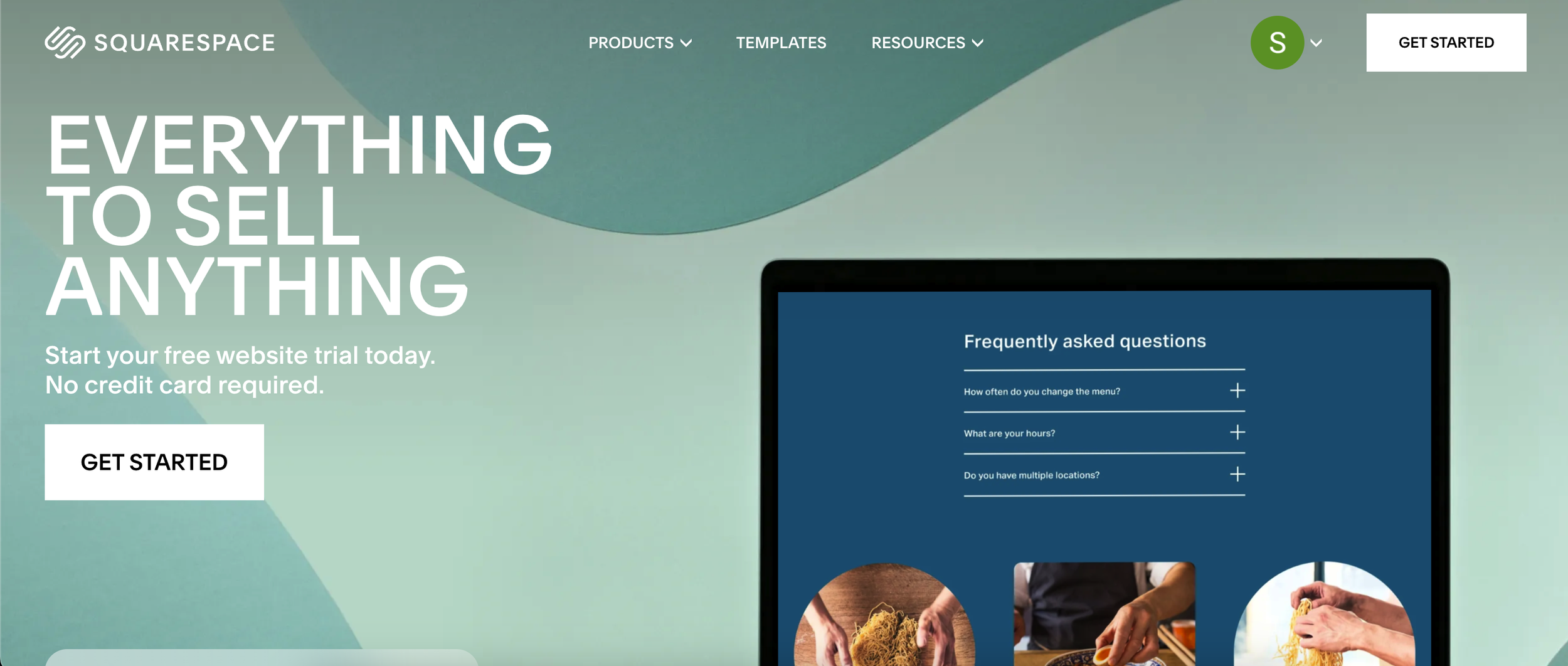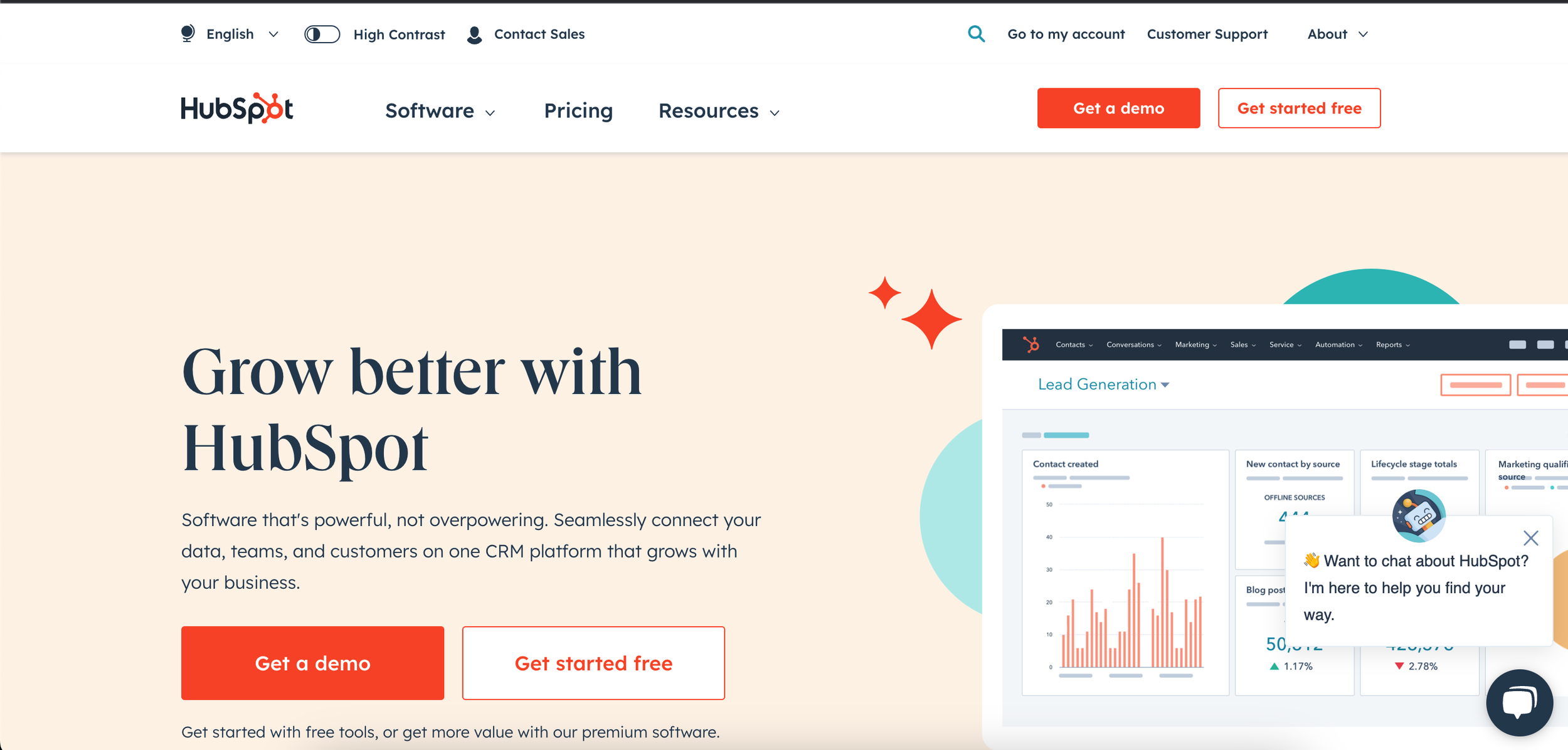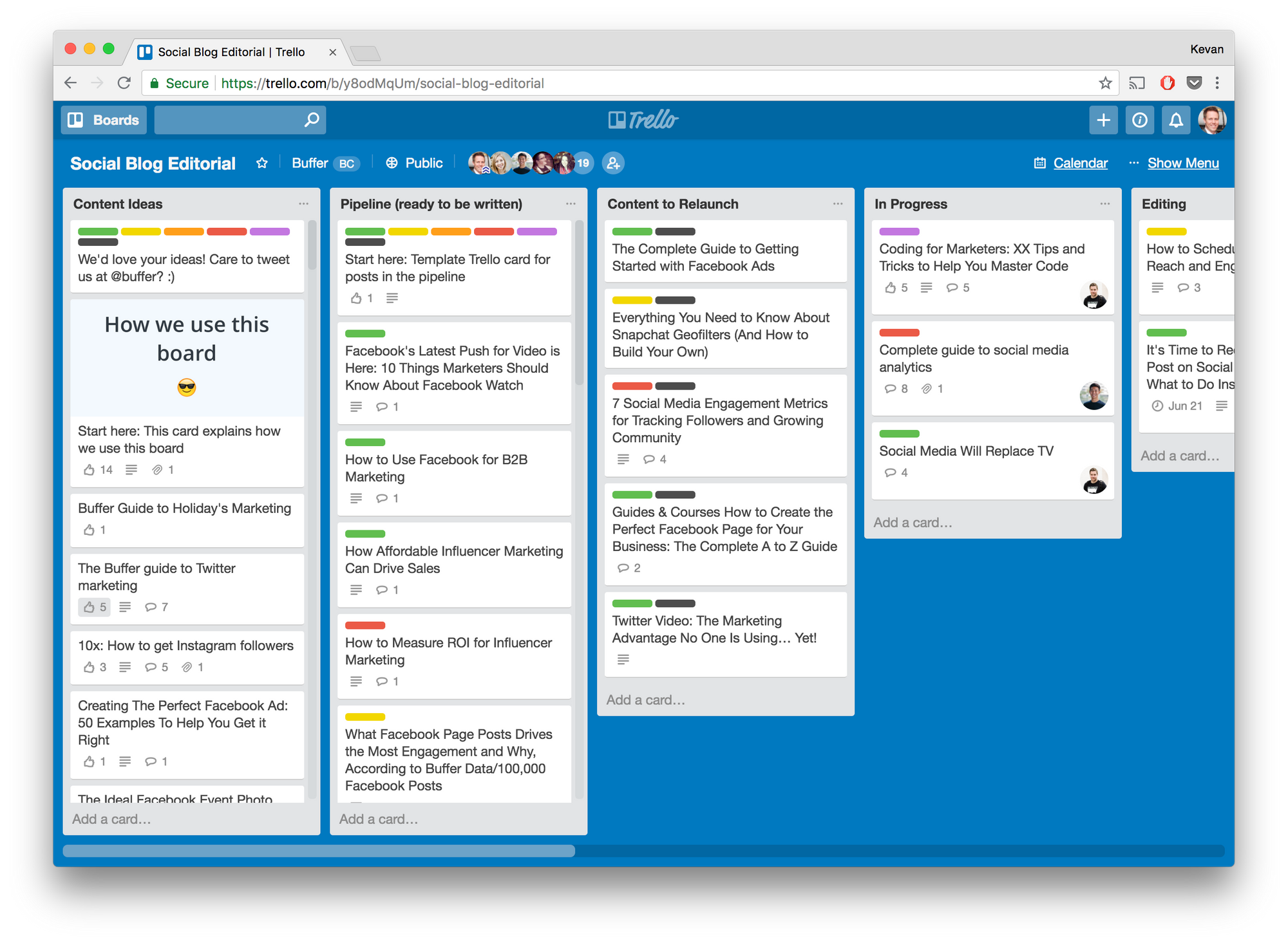6 Tools For Launching your Business
When I first started SASE Creative, I wanted to handle everything myself. I think most entrepreneurs and small business owners can relate. But it soon became clear that I needed to find tools and resources to streamline my processes.
Investing in quality tools and software is worth it for entrepreneurs looking to simplify their workload. If you're starting a business, know that it takes hard work and dedication, but there are plenty of resources out there to support you.
In this blog post, I have gathered tools and resources that helped me launch and build my own business.
Launching your own business takes a lot of blood, sweat, and tears. But you have a ton of tools out there to help make your life easier as an entrepreneur or small business.
6 TOols for Launching Your Business
Website Builder
Having a website is essential for any business. It's the home of your brand and often the first point of contact between your business and potential customers. Tools like Wix, HubSpot, Webflow, Squarespace, or WordPress can help you create a professional-looking website quickly and easily. They offer pre-designed templates, drag-and-drop editors, and features like e-commerce integration, SEO optimization, and responsive design.
Website Builder Tools:
I love to use Squarespace for websites because it’s a platform that is easy to use and maintain, plus it doesn’t come at a high price like HubSpot. For websites that need high design, Webflow is an up-and-coming platform for brands who really care about quality website design without having to use developers.
For startups and small businesses, I like to suggest Squarespace because it’s a platform that is easy to use and maintain.
Social Media Management Tools
Social media is an incredibly powerful marketing tool, but managing multiple social media accounts can be time-consuming and overwhelming. Social media management tools like HubSpot, Canva, Hootsuite, or Buffer can help you schedule and publish posts, monitor engagement, and analyze performance across multiple social media platforms. These tools can save you time, increase your social media presence, and help you engage with your audience effectively.
Social Media Tools:
I personally love to use Canva or Adobe Express to design social media graphics because you can also schedule out social media posts.
Canva is every small businesses’ best friend! You can design anything from your logo to your website to social media graphics. Plus if you have Canva Pro, you can use the Content Planner to schedule social media posts.
Email Marketing Software
Email marketing is a cost-effective way to reach potential customers and keep existing customers engaged. Email marketing software like Mailchimp, HubSpot, or Constant Contact can help you create and send professional-looking email campaigns, segment your audience, and track the performance of your campaigns. These tools can help you increase your email open rates, click-through rates, and conversion rates.
Email Software Suggestions:
When it comes to email marketing, I HIGHLY recommend HubSpot. HubSpot is a unique business tool because it can be your CRM, email marketing tool, social media scheduler, and content management system (CMS) all in one.
Customer Relationship Management (CRM)
As your business grows and expands, eventually you’ll need to add customer relationship management (CRM) software to help keep all your leads straight. CRMs also can help your sales team organize proposals and contracts. CRM software such as HubSpot, Salesforce, or Zoho can help you track contacts as they go through the buyer’s journey.
CRM Suggestions:
Once again, I use HubSpot as my CRM. HubSpot’s CRM is actually free to start using, but you’ll have to start paying more if you get more contacts.
Project Management Software
As a business owner, you'll likely have multiple tasks and projects to manage. Project management software like Asana or Trello can help you keep track of your tasks, assign tasks to team members, and monitor progress. These tools can also help you prioritize your work and ensure that your projects are completed on time and within budget.
Project Management Software:
When it comes to project management software, I find it’s not what software you use, but how you use it. You should develop a standard operating procedure (SOP) for using any project management software.
I’ve worked with many marketing agencies and find that everyone uses their PM software differently. Plus a lot of these PM software have automation attached to them for when someone checks off a task. Find a process that works best for your team.
Here’s an example of a social media editorial calendar on Trello. Everything is organized and helps streamline the content creation period.
Accounting Software
Managing your finances is a critical part of running a successful business. Accounting software like QuickBooks, Bonsai, or Xero can help you track your income and expenses, generate invoices, and manage your cash flow. These tools can also provide insights into your financial performance, help you prepare for tax season, and reduce the risk of errors and inaccuracies.
Accounting Software Suggestions:
I personally use Bonsai to send proposals, contracts, and invoices to my own clients. I recommend it if you are a freelancer or small service provider because it makes taxes way easier and you don’t have to wait on checks to come in the mail.
Extra tools to highlight
Here’s some other tools that are helpful to small business owners.
Slack: I am a part of way too many Slack channels, but I find that it’s an easy way to chat through work issues. My email is always full so Slack is sometimes a quicker and less formal way of getting in touch with me during the day.
Canva: Every business needs a Canva account. This allows you to use templates to easily design marketing materials. You can design your logo and schedule social media posts out in Canva.
Typefrom: If you’re interested in creating interactive content and forms, you should check out Typeform. It’s easy to use and can really help a business bring in more leads.
Calendly: This is a great tool to help schedule meetings and appointments. We all hate having to send emails back and forth to find a time that works for everyone. Just send a Calendly link instead to make things easier for everyone.
Starting and marketing a business requires a lot of time, effort, and resources. But with the right tools, you can simplify the process and achieve your goals more efficiently. By using these tools, you can create a professional-looking website, manage your social media presence, send effective email campaigns, keep track of your tasks and projects, and manage your finances with ease.
Need help launching your brand? Download this free brand planner workbook for a step-by-step guide on building and launching a small business.
Need some help building your brand or designing your website? We can help. Contact us today to get started.







